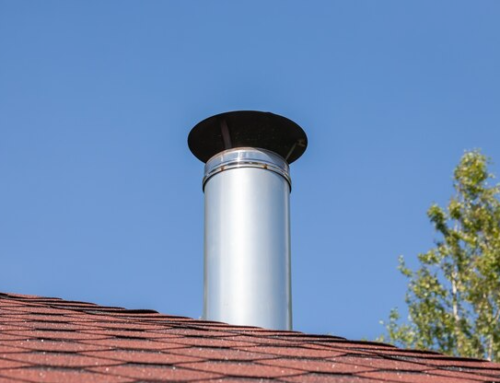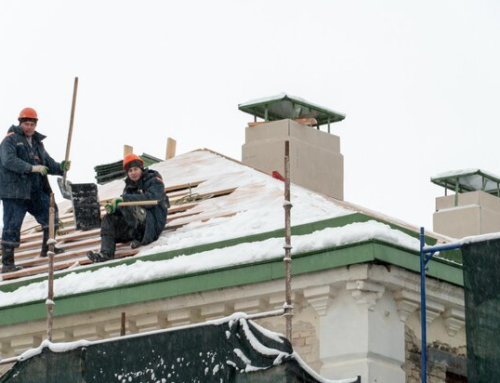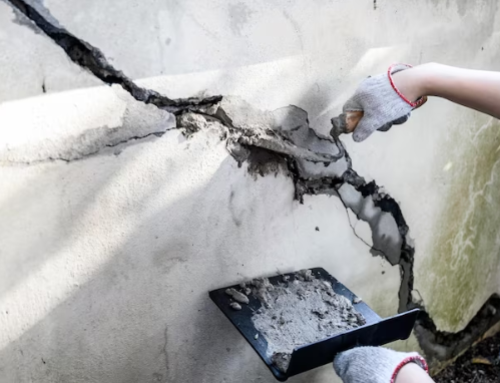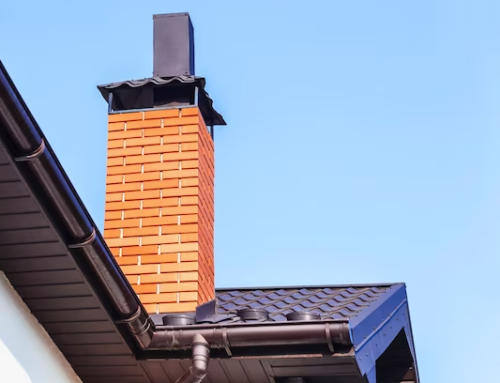Does your chimney smell when you light a fire? Chimney odors could be a telling sign that something is wrong with your chimney. It’s better to opt for professional chimney inspection services in such a case. However, you should know what causes chimney odors.
Chimney odors can be caused by many factors, including:
Creosote Buildup
The most likely cause of chimney odor is creosote buildup in the chimney. Creosote is a highly flammable material that gets deposited into the chimney while the fireplace is in use or when wood smoke gets past the damper onto the walls and ceiling of the fireplace. Creosote left unattended can lead to fire and, therefore, needs to be addressed immediately.
As a result, creosote buildup may need to be removed periodically by trained professionals who use specialized equipment that utilizes tools and chemicals to accomplish this task. This is typically done at least once every 60 to 90 days, depending on use and other factors such as weather, humidity, etc.
Microorganisms Play A Role
These diminutive organisms consume substances such as grease, oil and food residue that settle onto pipes, floors, and other surfaces within the confines of the chimney. Their waste products undergo further breakdown by heat, solar radiation, and air movement, releasing various gases along with unpleasant odors.
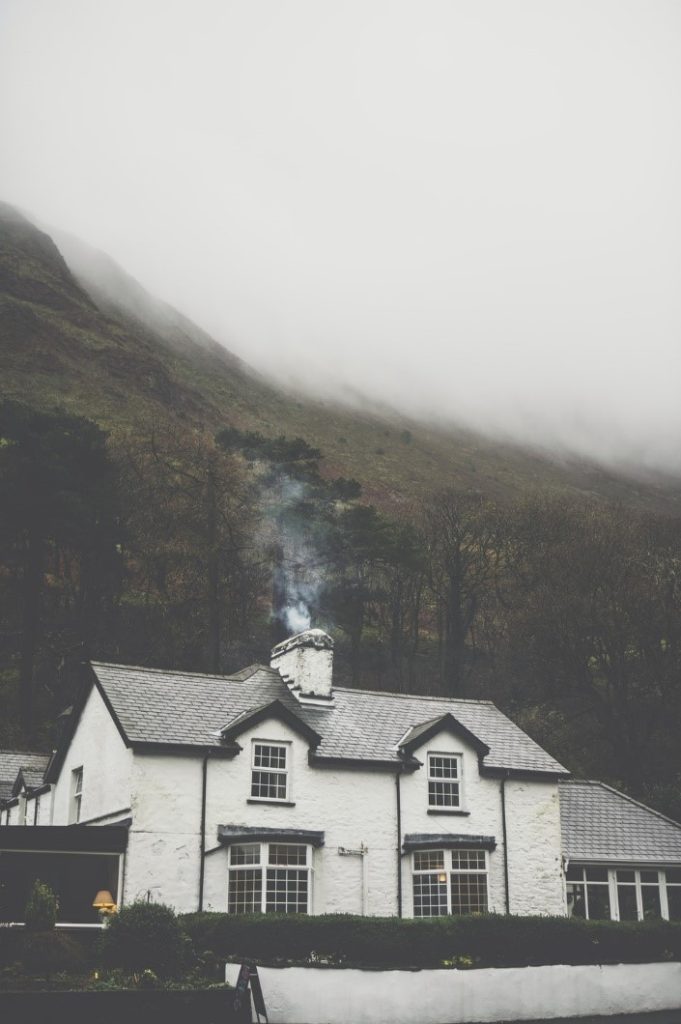
Fungi Contribute To The Problem
Aspergillus can spread into structures through cracks and seams, enlarging them to form new entryways for water that may contain sulfur-producing molds or mildew spores along with their biological byproducts. These organisms aren’t always discovered until the signs of smoke odor appear.
Animal Waste
Animal waste is another factor that increases the amount of soot being carried away from the house during a chimney fire. It’s often related to animals like rats that crawl into structures and below the baseboards, where they may excrete human waste and/or urine.
Type Of Wood
The type of wood being burned in the chimney is another contributing factor. Some types of wood have a high proportion of tars and oils that can be released into the flue passage during fire changes. These substances already contain sulfur compounds that are readily available for interaction with creosote deposits, forming additional mixtures within the chimney.
If your chimney smells, you must call for an inspection. At CT Chimney Repair, we offer regular chimney repairs, chimney inspections, chimney sweep, chimney liner installation, and much more.
Contact us to learn more about our services.

